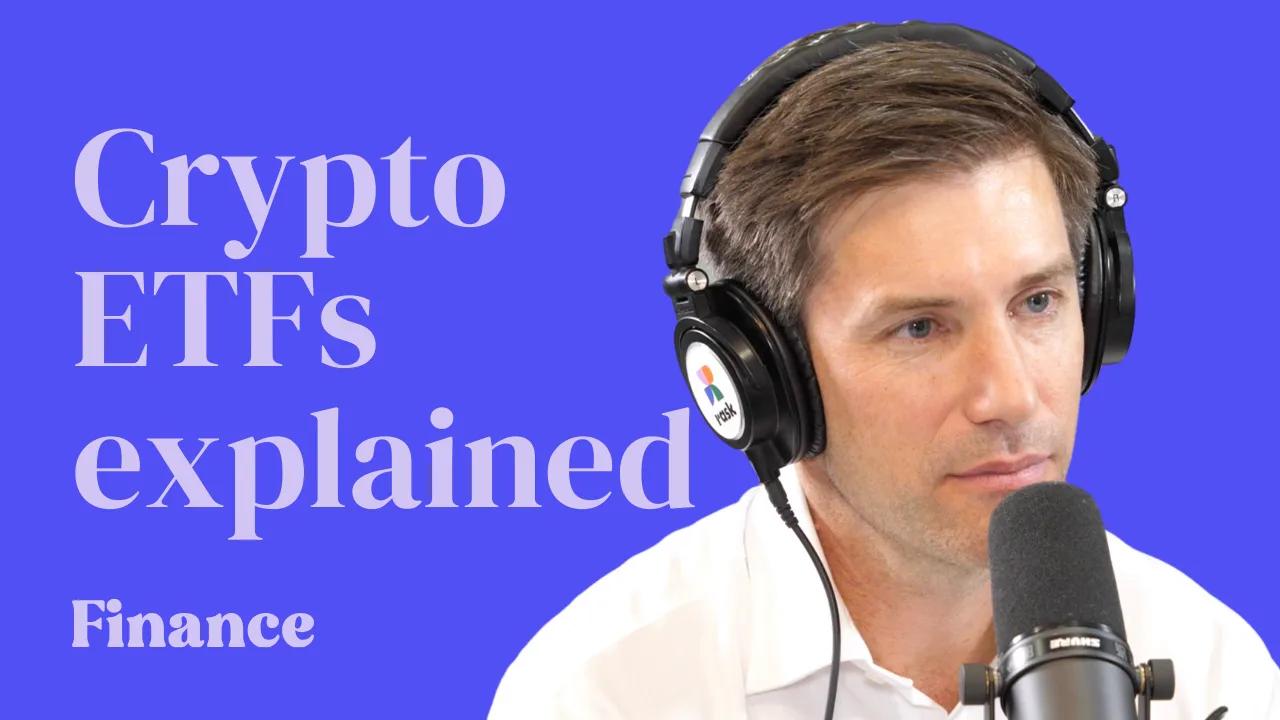Following the intense volatility on the Australian share market and S&P/ASX 200 (ASX: XJO), the financial markets watchdog and overseer, Australia Securities & Investments Commission (ASIC), told share brokers and other share market participants to slow trading.
In a media release, ASIC said the intense amount of trading on Friday, March 13, 2020 — which saw the ASX 200 start 6% lower then end the day more than 4% higher — caused an “exponential” increase in trades executed.
“While there was no disruption to market operations on Friday, there was a significant backlog of work required to be undertaken over the weekend by the exchanges and trading participants,” ASIC said.
“If the number of trades executed continues to increase, it will put strain on the processing and risk management capabilities of market infrastructure and market participants.”
It’s reassuring to know ASIC is covering all bases and issuing these types of releases.
US officials halted stock trading on Wall St twice last week. Here at home, we’ve also seen an increase in volatility and more local infections of Coronavirus (COVID-19). Today, a state of emergency was issued in Victoria.
Investors are clearly acting irrationally since they cannot make informed decisions. As Strawman Founder Andrew Page said in a Rask video special over the weekend, “uncertainty is the only thing that’s certain during a market crash.”
Up to 25% of trading halted
In Friday’s wake, ASIC has told share/equity market participants to limit the number of trades completed each day by up to 25% of the amount traded on Friday, until further notice.
“This action will require high volume participants and their clients to actively manage their volumes,” ASIC’s media release stated.
While not explicitly stated by ASIC, high-frequency trading (HFT) is a grey area of share investing that can see quantitative fund managers and others with direct market access use computing power to take advantage of tiny amounts of friction in markets, within seconds. In addition to everything else — more shorting, CFD trading, options, futures, etc. — this can increase the number of trades being executed in one session.
For small and retail investors, the good news is ASIC does not expect the limits to hurt the ability of retail investors to trade (i.e. buying or selling stocks), though it will monitor market conditions closely.
Is this new?
During and since the Global Financial Crisis (GFC) of 2008/2009 it has become more commonplace for regulators to step into markets amid uncertainty.
ASIC banned short-selling during the GFC, Chinese authorities stepped into its share market in the 2014/2015 crash to halt falls (“circuit breakers” they were called at the time) and now US-based regulators are doing the same.
While these should be considered ‘good’ moves by our financial watchdogs, investors loathe uncertainty. And right now, there’s a lot of it.
Over the weekend, Rask Australia reached out to some investors to record a video, discussing what’s happened and what comes next for investors. Click here to tune into the latest “Australian share investor update – March 2020“.
In the latest video, you will find a 40min clip discussing what we’ve seen in markets, how analysts and investors can take stock of share valuations, and the strategies currently available.
[ls_content_block id=”14945″ para=”paragraphs”]








